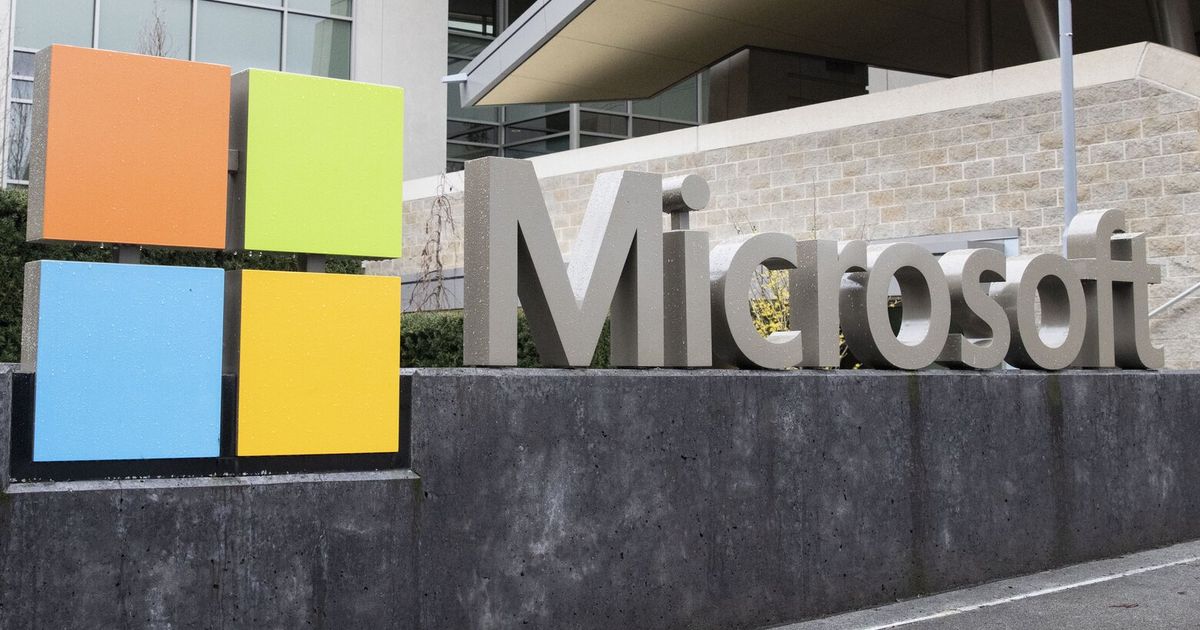
The Federal Trade Commission voted Thursday to file suit against Microsoft’s acquisition of gaming publisher Activision Blizzard over anti-competition concerns. The vote is another blow to the deal that has been facing extensive regulatory scrutiny from U.K. and European Union regulators.
The proposed acquisition, valued at $69 billion, would be considered the largest of Redmond-based Microsoft and among the top 30 acquisitions ever.
The FTC argued the acquisition would harm competition, voting 3-1 in favor of the complaint, filed in the FTC’s in-house court.
“Microsoft has already shown that it can and will withhold content from its gaming rivals,” said Holly Vedova, director of the FTC’s Bureau of Competition, in a statement. “Today we seek to stop Microsoft from gaining control over a leading independent game studio and using it to harm competition in multiple dynamic and fast-growing gaming markets.”
Microsoft President Brad Smith said the deal will expand competition and create more opportunities for gamers and game developers.
“We have been committed since day one to addressing competition concerns, including by offering earlier this week proposed concessions to the FTC,” Smith said in a statement. “While we believed in giving peace a chance, we have complete confidence in our case.”
Bobby Kotick, CEO of California-based Activision Blizzard, said in a letter to employees Thursday he is confident the deal will close and described the regulatory environment as “focused on ideology and misconceptions about the tech industry.”
“The allegation that this deal is anti-competitive doesn’t align with the facts, and we believe we’ll win this challenge,” Kotick said in the letter.
Microsoft is the maker of Xbox and owns other gaming studios such as ZeniMax Media, the parent company of Fallout-series maker Bethesda. According to the FTC, Microsoft created several Bethesda titles, such as Starfield and Redfall, which are Microsoft exclusives despite assurances to European antitrust authorities that it had no incentive to withhold games from rival consoles.
The deal with Activision would give Microsoft the rights to popular video game franchises, such as Call of Duty, which has generated over $30 billion in lifetime revenue with 425 million units sold.
With control over Activision’s blockbuster franchises, Microsoft would harm competition by manipulating pricing, degrading game quality or player experience on rival consoles and gaming services, changing the terms and timing of access to Activision’s content or withholding content from competitors entirely, resulting in harm to consumers, according to the FTC.
In an effort to ease regulators, Microsoft reached a 10-year deal with Nintendo to make Call of Duty available for Nintendo consoles and the Steam PC platform on Wednesday. Sony’s PlayStation hasn’t agreed to the deal.
Microsoft also reached an agreement with the Communications Workers of America, which represents gaming industry workers, to ease possible labor concerns about the merger. The pact included Microsoft’s pledge to take a neutral approach if employees express interest in joining a union. The company also said it would stop using noncompete or confidentiality clauses to bar workers from talking about discrimination or harassment as part of a settlement or separation deal.
The Microsoft-Activision acquisition had been approved in Brazilian court, but has been under review in 16 countries in the European Union and the U.K., with a decision expected next year.
Since FTC Chair Lina Khan took the helm of the agency in June 2021, the commission has stopped large mergers between aerospace-defense companies Lockheed Martin and Aerojet Rocketdyne, as well as Nvidia’s acquisition of investment company SoftBank Group.
Besides Microsoft, Bellevue-based Valve, owner of the Steam platform, has been in litigation over antitrust allegations. In April 2021, independent video game maker Wolfire Games sued Valve for antitrust practices, claiming Valve controls approximately 75% of PC game sales and uses its dominance to take a 30% cut of each sale. The litigation is still ongoing.
At close of trading Thursday, Activision Blizzard shares decreased 1.5%, and Microsoft went up 1.2%.
The story contains information from Bloomberg.
Microsoft Philanthropies underwrites some Seattle Times journalism projects.


More Stories
Save Earth Mission’s Takeoff Event Countdown Starts: Get Ready to Witness History
The Save Earth Mission: A Global Movement Towards a Sustainable Future
Leading Utility Token YES WORLD adds gaming project to Utility ecosystem, supports third party game publishers on its platform